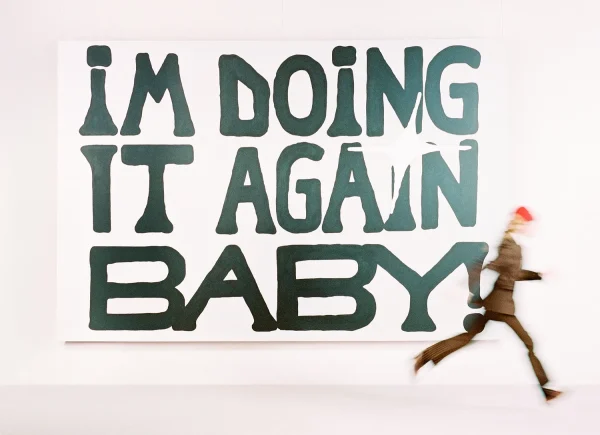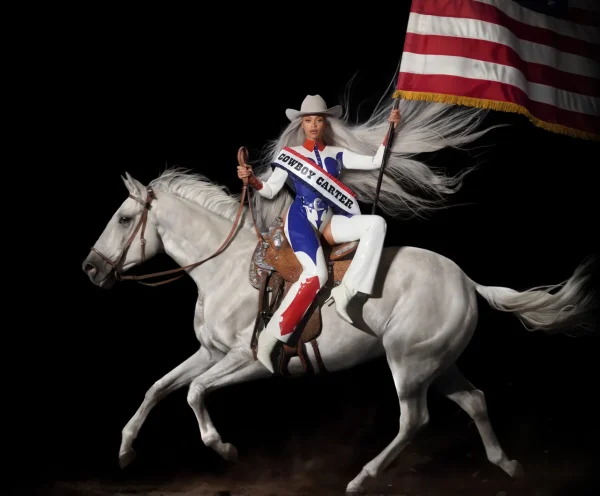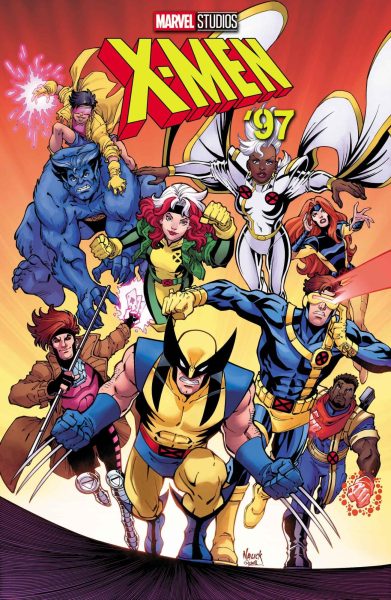OU alum put off by Kid Rock’s ‘All Summer Long’
Kenneth Hreha
Guest Columnist
After listening to Detroit Mayor Kwame Kilpatrick dish out the racism card in addressing the motives of Wayne County Prosecutor Kym
Worthy, I thought he was a bit off his rocker.
Then again, I also thought that the embattled mayor does bring up a valid point that has historical significance.
We can fine tune Kilpatrick’s recent remarks just by listening to what Michiganians are singing along to on the radio these days. One of this season’s most popular song is Kid Rock’s “All Summer Long” which samples Lynyrd Skynyrd’s “Sweet Home Alabama.” It is the same song that was written as a response to rocker Neil Young’s early 1970s civil rights song “Southern Man.”
All three songs possess political symbolism that is seeped in the mindset of many folks who live in Michigan.
Neil Young wrote his outburst against the Old South back in the days of my youth. Many listeners deeply appreciate that it has become part of our American soundtrack. The powerful lyrics have become a part of an antipathy towards America’s historical practice of inequity, injustice and intolerance:
“Southern man better keep your head
Don’t forget what your good book said
Southern change going to come at last
Now your crosses are burning fast
I saw cotton and I saw black
Tall white mansions and little shacks
Southern man when will you pay them back?
I heard screaming’ and bullwhips cracking
How long? How long?”
Four years later, southern rockers Lynyrd Skynyrd put out their famous response song, which begins by directly criticizing Neil Young for his position on civil rights. The lyrics took aim at Young’s courageous stance on bettering race relations in America:
“Big wheels keep on turning
Carry me home to see my kin
Singing songs about the Southland
I miss Alabamy once again
And I think its a sin
Well I heard mister Young sing about her
Well, I heard ole Neil put her down
Well, I hope Neil Young will remember
A Southern man don’t need him around anyhow”
It is also quite startling that today, this song is glorified by Romeo native Kid Rock and is constantly played on Detroit radio. For a superstar recording artist to profess his love for the old ways of racism, albeit in the form of a love song is inexcusable and undignified.
Why would Kid Rock embark on such a mission? Is it because he proudly supports the Republican Party and the presumptive nominee who, as a U.S. senator, voted no on the Martin Luther King holiday? Or does he not know the civil rights history of our nation or knows too little about it?
Ask him who Fannie Lou Hamer was and I’d bet a small fortune that Kid Rock would be speechless. Ask why the late attorney Kenneth Cockrel is still widely respected by Detroiters almost 20 years after his passing? Ask if the surviving family members of the four slain girls taken in the 1963 Sixteenth Street Baptist Church bombings in Birmingham, Ala. don’t mourn every night they say their prayers?
Kilpatrick does have a valid point reminding us that racism has played a part in America. We must march forward as a people and make sure that the kids of America’s next generation know what they are listening and singing to, so that the next time Kid Rock’s “All Summer Long” comes on the radio, they think of all the negative political and cultural symbolism that is attached to the song.
Is it right to also question why Kid Rock’s drummer, who is an African American female, plays along on this song in concert? Does she not know the damaging message of Lynyrd Skynyrd’s song of intolerance? Does she not have a duty to act as a role model and say “No, I will not participate in playing this song”?
Kilpatrick’s recent rant against the justice system may be a bit off kilter concerning his personal and professional legal troubles, yet when it comes to addressing racism, his point does have merit. When a very wealthy, less educated suburban Detroit music star plays songs that are rooted in intolerance to unwittingly youthful audiences, it is time to speak up and say “No, I will not buy into that damaging mindset.”
All Michiganians can speak out against racism by listening to a few fan favorites such as Bruce Springsteen’s “American Skin (’41 Shots)” or the new John Mellencamp release “Jena.”
There is an abundant richness of political symbolism in these songs, written by great American songwriters that have impacted the thinking of legions of fans. They have worked diligently and with a sense of common decency over the past four decades to counter the negative racial impact and history in songs, such as the revival of Kid Rock’s “All Summer Long” subliminal message.











